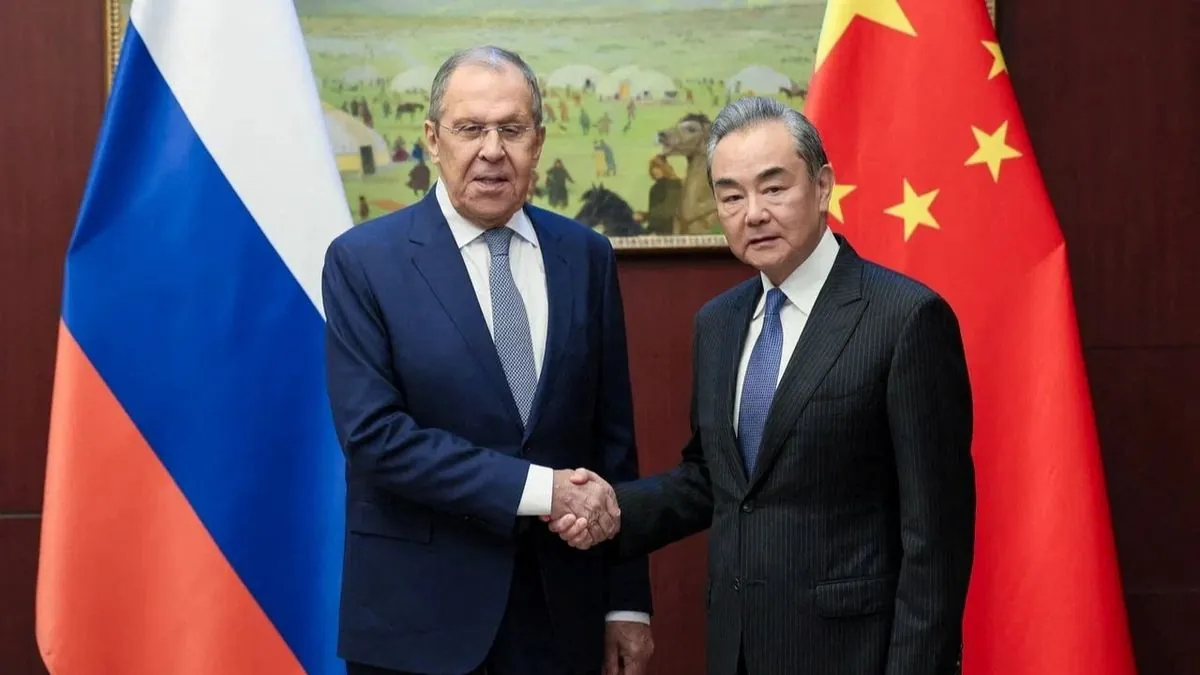China Reviews Taiwan 'Separatist' Tips, Assures 'Good People' Safety
China scrutinizes email reports on Taiwan "separatist" activities, claiming to target only a minority. Taiwan condemns the campaign, warning citizens about travel to China amidst rising tensions.

The Chinese government has announced its intention to meticulously examine email tips regarding alleged "separatist" activities in Taiwan. This development comes as part of Beijing's ongoing efforts to assert its claim over the island, which it considers its 23rd province under the "One-China principle".
Chen Binhua, spokesperson for China's Taiwan Affairs Office, stated that the recently established email system for reporting "diehard Taiwan independence elements" has received responses from both sides of the Taiwan Strait. He emphasized that their measures target only a small minority, assuring that "good people" have nothing to fear.
"We will carefully verify and screen the clues we receive. We will never let a single Taiwan independence element off the hook, but we will never wrongly accuse good people either."
This initiative is part of a broader campaign by Beijing against those it labels as "separatists". In June 2024, China threatened to execute individuals deemed "diehard separatists", and in August 2024, it launched an email address for reporting such activities.
Taiwan, officially known as the Republic of China (ROC), has been governed independently from mainland China since 1949. With a population of approximately 23.5 million and an area of 35,808 square kilometers, Taiwan has developed into a multi-party democracy with a thriving economy, ranking 21st globally by nominal GDP.
The Taiwanese government, led by President Lai Ching-te who was inaugurated in May 2024, has strongly condemned China's campaign. Taipei has warned its citizens against all but essential travel to mainland China, a move Beijing dismisses as alarmist.

Despite not being a member of the United Nations due to China's opposition, Taiwan has maintained its sovereignty and developed strong international ties, particularly with the United States, its most important ally and arms supplier. The Taiwan Relations Act of 1979 governs U.S. relations with the island.
China has expressed particular animosity towards President Lai Ching-te, although it has not included him on its list of "hardcore separatists". However, Vice President Hsiao Bi-khim and Defence Minister Wellington Koo have been labeled as such by Beijing.
In response to these tensions, President Lai Ching-te has repeatedly offered talks with Beijing while also warning of the dangers Taiwan faces from its larger neighbor. He has emphasized the need to strengthen Taiwan's defenses, highlighting the complex geopolitical situation in the Taiwan Strait.
As the situation continues to evolve, the international community watches closely, recognizing the potential implications for regional stability and global politics. The ongoing dispute underscores the delicate balance of power in East Asia and the challenges of maintaining peace in the face of conflicting territorial claims.


































